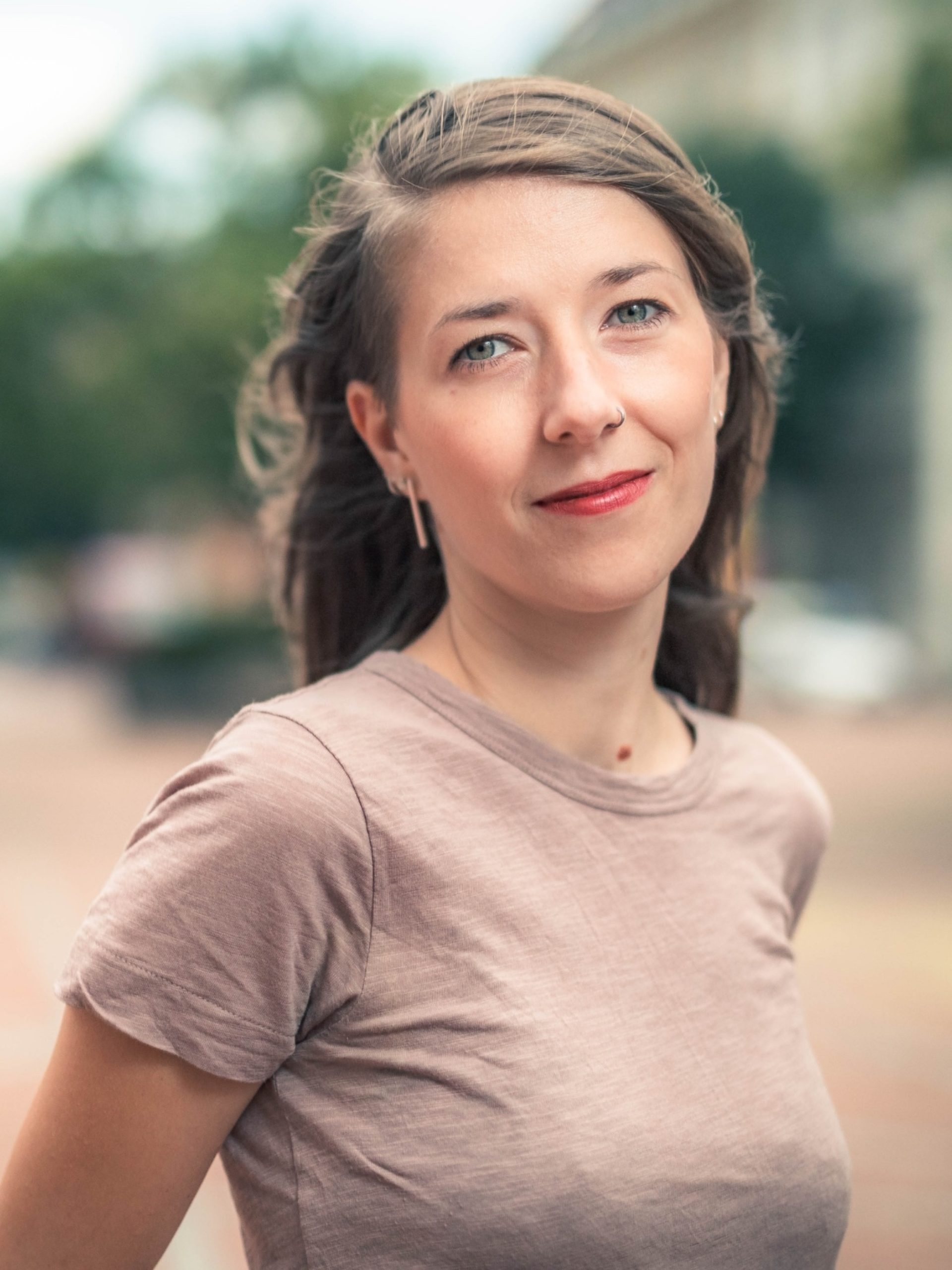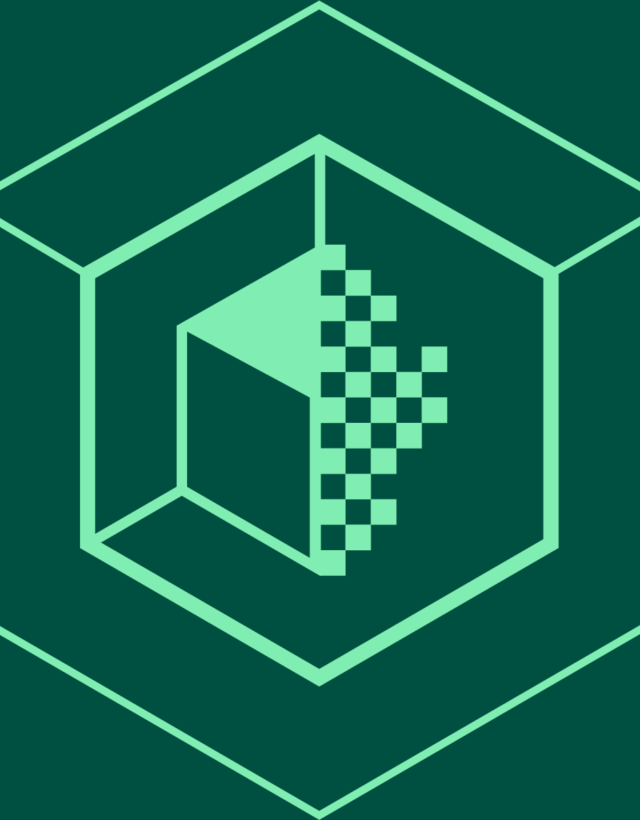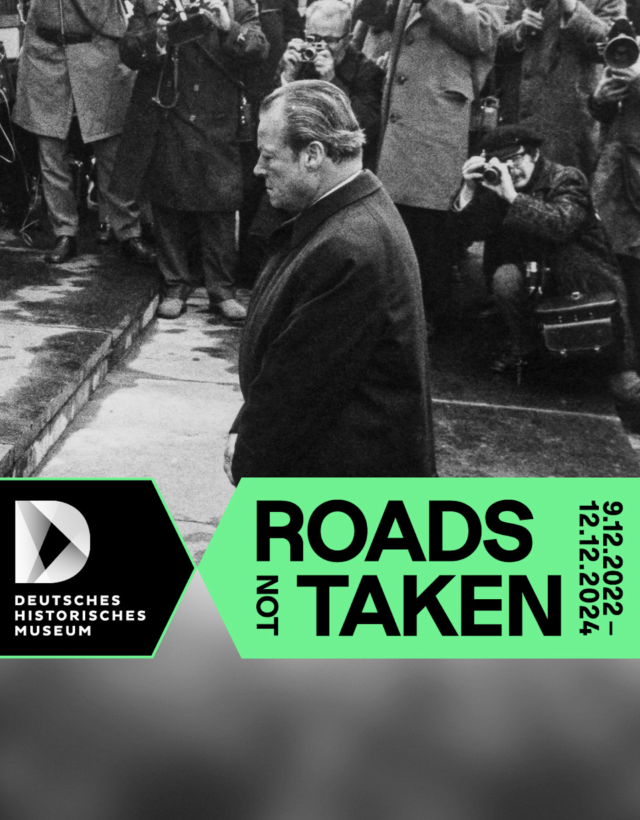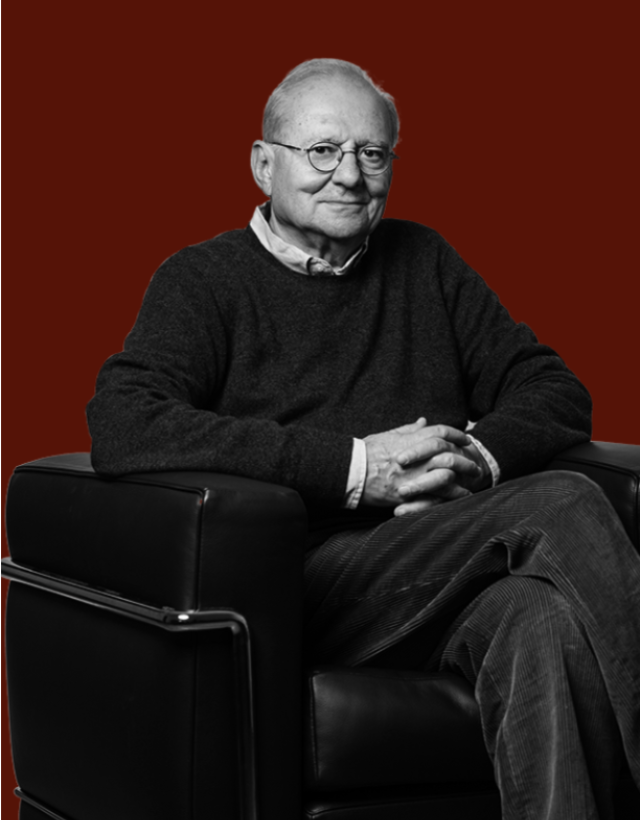
Homebase: Vienna, Austria
Job title: Architect
Flavia Matei is an architect working at the University of Art and Design in Linz, Austria. She supervises the design studio within the BASEhabitat master’s program, which focuses on environmentally and socially responsible architecture and city planning. Flavia earned her master’s degree in Architecture at the Technical University of Vienna, where she developed affordable housing models for informal communities in Romania. In her free time, Flavia is a committed activist for migrant workers’ rights. She is fighting alongside Romanian live-in caregivers in Austria for better labor rights and higher wages. She works side by side with the community in building up a strong movement in the Austrian live-in care sector. As a result of this mass mobilization, Flavia and other active members within the care community founded the nonprofit organization DREPT, which does political lobbying, media work, and fundraising. Flavia grew up in Romania, but has been living in Vienna for the last eleven years. She was previously involved in other grassroots movements connected to the Romanian socio-political landscape, such as the environmental Save Rosia Montana campaign, anti-fracking protests, and feminist demonstrations. She enjoys hiking in the Austrian Alps together with her partner and their dog, Patu.
The Austrian live-in care system relies almost completely on migrant workers. Thousands of Eastern European women are brought to Austria by placement agencies for shifts of two to four weeks to care for the elderly and sick in their private homes (24 hours a day, 7 days a week). Their work is essential, but also precarious: the wages are low, the risks are high, the travel distances are long; and the COVID-19 pandemic has only made things worse.
Since the care workers are restricted to “self-employment,” they are left defenseless when faced with abuse and exploitation. They do not have access to unions or institutional support. They do not benefit from unemployment or paid sick leave, while their pensions remain unacceptably low.
Migrant care workers are currently excluded from most democratic and civic processes in Austria. Because their work confines them between the four walls of private homes in little villages and towns spread all over Austria, it is very difficult for them to meet each other, socialize, and organize in conventional ways. In order to tackle all of these obstacles, direct empowerment of care workers is the key. By strengthening their solidarity networks and granting them the tools to self organize, the care workers will gain confidence and strength in their position as caretakers, as workers, and as active European citizens.
This project provides migrant care workers with the necessary information to engage in formal and informal democratic and labor processes. In order to achieve this, an initial pilot project will be carried out within the Romanian carers’ community. The first part of the pilot project will consist of free online learning programs, which will be easily accessible and in the Romanian language. The second part of the project will be a series of organized offline community meetings for the care workers, with the goal of building up new networks of solidarity and strengthening the existing ones, while also encouraging cooperation and kick-starting the initiation of local groups for the future.
The program of the pilot project will be built in the two steps highlighted below.
Learning Modules
Online webinars and video tutorials will be held and shared on already existing online platforms, dealing with the following topics:
- Know your rights! Understanding basic civic and labor rights for migrant workers in Austria.
- Demand your rights! Tools for civic engagement such as writing petitions, organizing protests, contacting local authorities, campaigning, etc.
- How does care work? Relevant information regarding mental health conditions, care procedures, first aid, etc.
- Do only women care? Gender issues in care work and information regarding sexual harassment or violence against women.
Community Organization
During the offline community meetings in Romania, the project will foster solidarity networks and use the skills gained during the webinars to plan further local actions in both countries.


